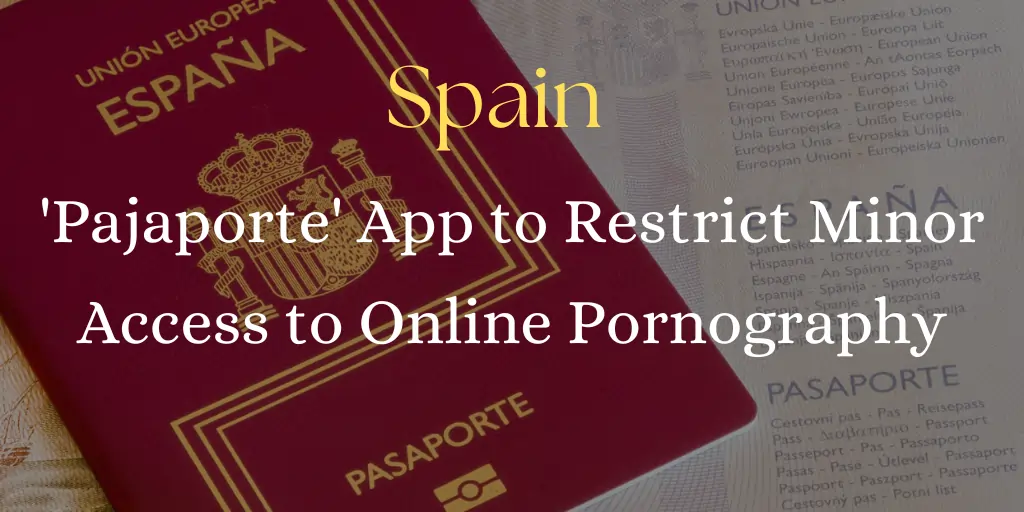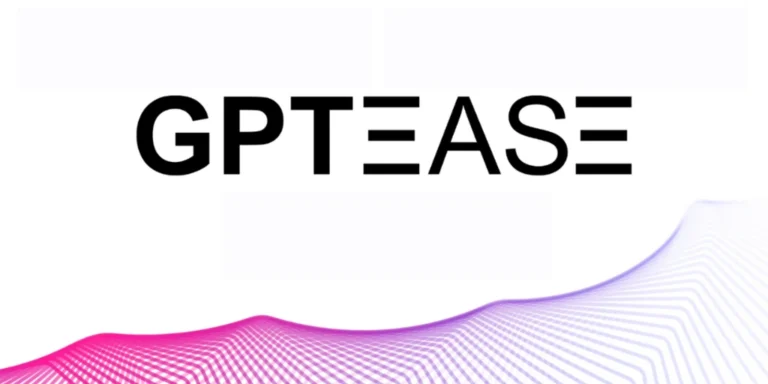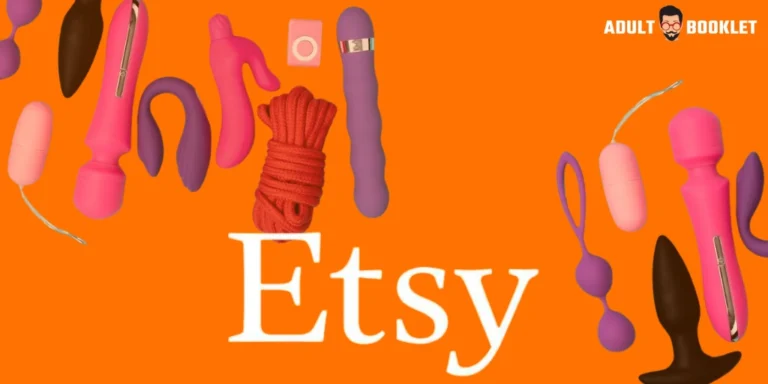
In an unprecedented move to combat the growing issue of underage exposure to online adult content, Spain is set to introduce a government-issued mobile application called ‘Pajaporte' by the end of this summer. This pioneering initiative, officially named Cartera Digital Beta (Digital Wallet Beta), will require users to verify their age using a digital ID before granting them limited access to pornographic websites.
The decision comes in response to alarming statistics released by anti-pornography group Dale Una Vuelta, which revealed that nearly half of Spanish youth under the age of 15 regularly consume adult content online. Prime Minister Pedro Sanchez described the situation as “devastating,” emphasizing the urgent need for intervention to protect minors from inappropriate material.
The ‘Pajaporte' app will function as a mobile wallet, requiring users to verify their age as 18 or older using one of five government-issued IDs. Upon successful verification, the app will issue 30 monthly credits, each generating a unique QR code that grants access to adult websites.
To safeguard user privacy, each code can be reused up to ten times with the same provider, minimizing the risk of tracking online activities. The app's credit-based model aims to limit excessive adult content consumption while ensuring a more secure and discreet user experience.
The new regulations will apply to all Spanish-based pornography providers, with the National Cybersecurity Institute (INCIBE) maintaining a list of foreign platforms to enforce age verification through web browsers. The Spanish government has also requested cooperation from social media platforms and messaging apps to integrate the ‘Pajaporte' system into their services.
While the app's use will be voluntary, online platforms that fail to implement adequate age verification methods may face penalties under the upcoming EU age verification law, set to take effect in October 2027. Spain's proactive approach positions the country as a frontrunner in aligning with the forthcoming eIDAS2 digital identity system, which is expected to replace the ‘Pajaporte' scheme once implemented
The announcement of the ‘Pajaporte' app has sparked a mix of reactions on social media, ranging from humorous memes to concerns over potential privacy breaches and excessive surveillance. The term ‘Pajaporte' itself, a portmanteau of the slang word for masturbation (‘paja') and ‘pasaporte' (passport), has fueled a wave of online jokes and modified images.
Despite government assurances regarding the app's robust security measures, some experts and activists have criticized its complexity and raised questions about the effectiveness of such a system in preventing minors from accessing adult content. Concerns have also been raised about the potential for data breaches, given the sensitive nature of the information collected by the app.
Notwithstanding the challenges and concerns surrounding the ‘Pajaporte' app, its introduction underscores Spain's commitment to addressing the growing problem of underage exposure to online pornography. With other European countries like the UK and France also exploring technological solutions to this issue, Spain's initiative serves as a test case for the broader implementation of age verification systems across the continent.
As the debate surrounding the balance between online freedom, child protection, and data privacy continues, the launch of the ‘Pajaporte' app marks a significant milestone in Spain's efforts to create a safer digital environment for its youth. The success of this pioneering system will likely influence the development and adoption of similar measures across Europe in the coming years.
The ‘Pajaporte' app is expected to be available by the end of the summer, offering a new tool in the ongoing effort to create a safer and more responsible online environment. As the world watches Spain's bold experiment, the success of the ‘Pajaporte' app could have far-reaching implications for digital policy and the protection of minors worldwide.









